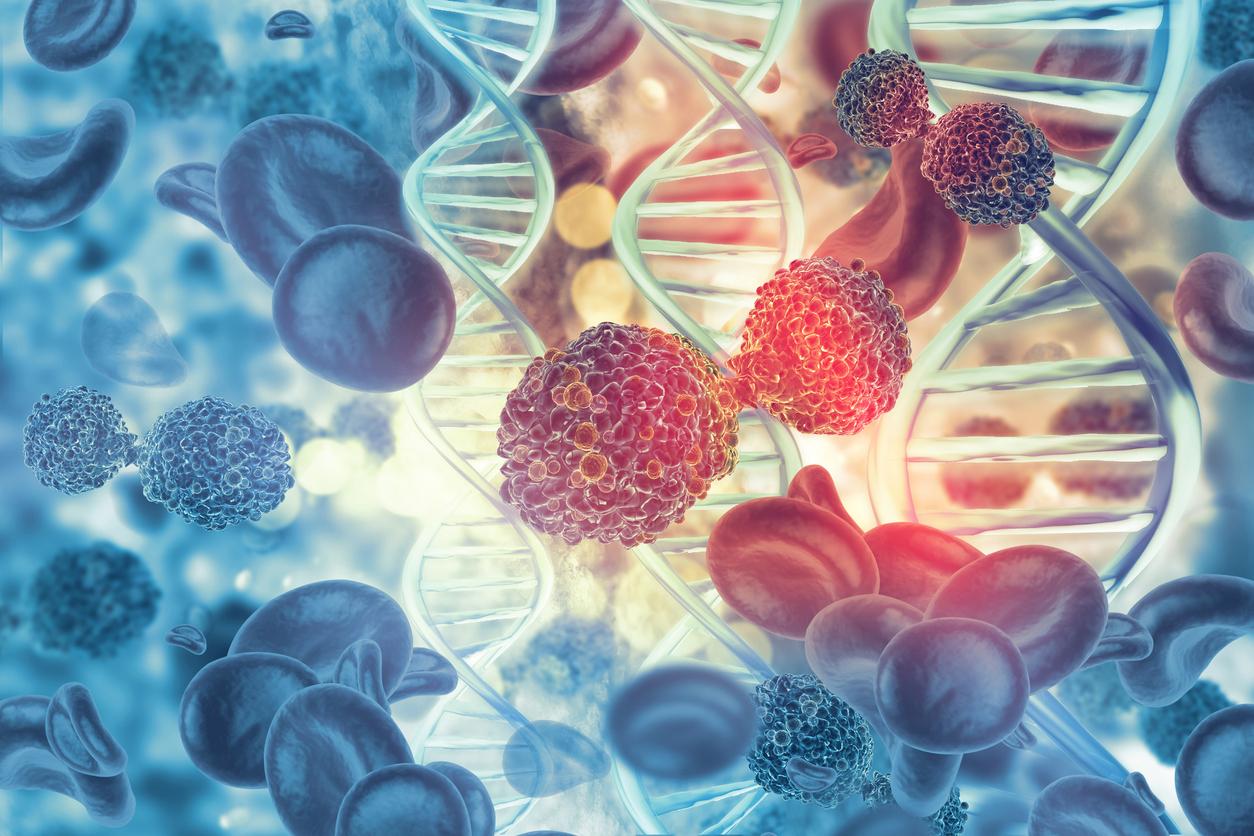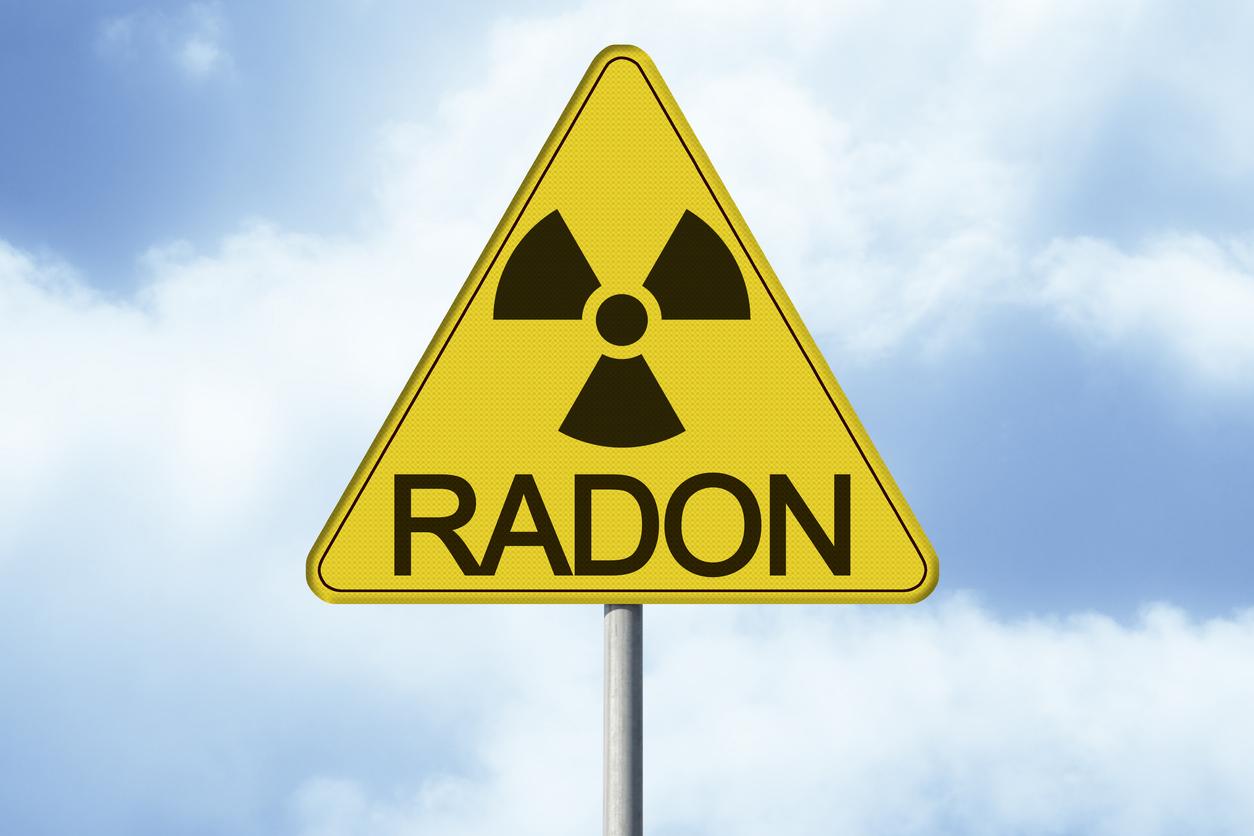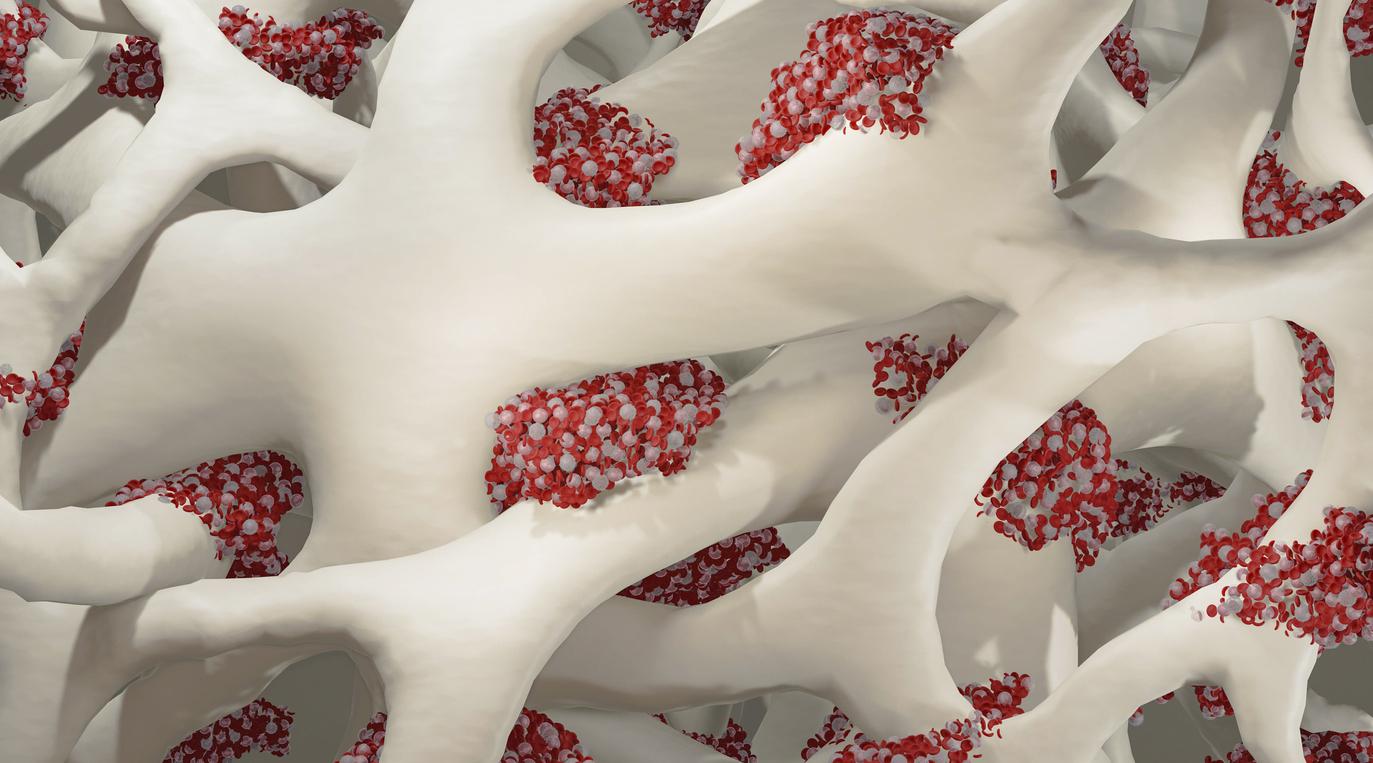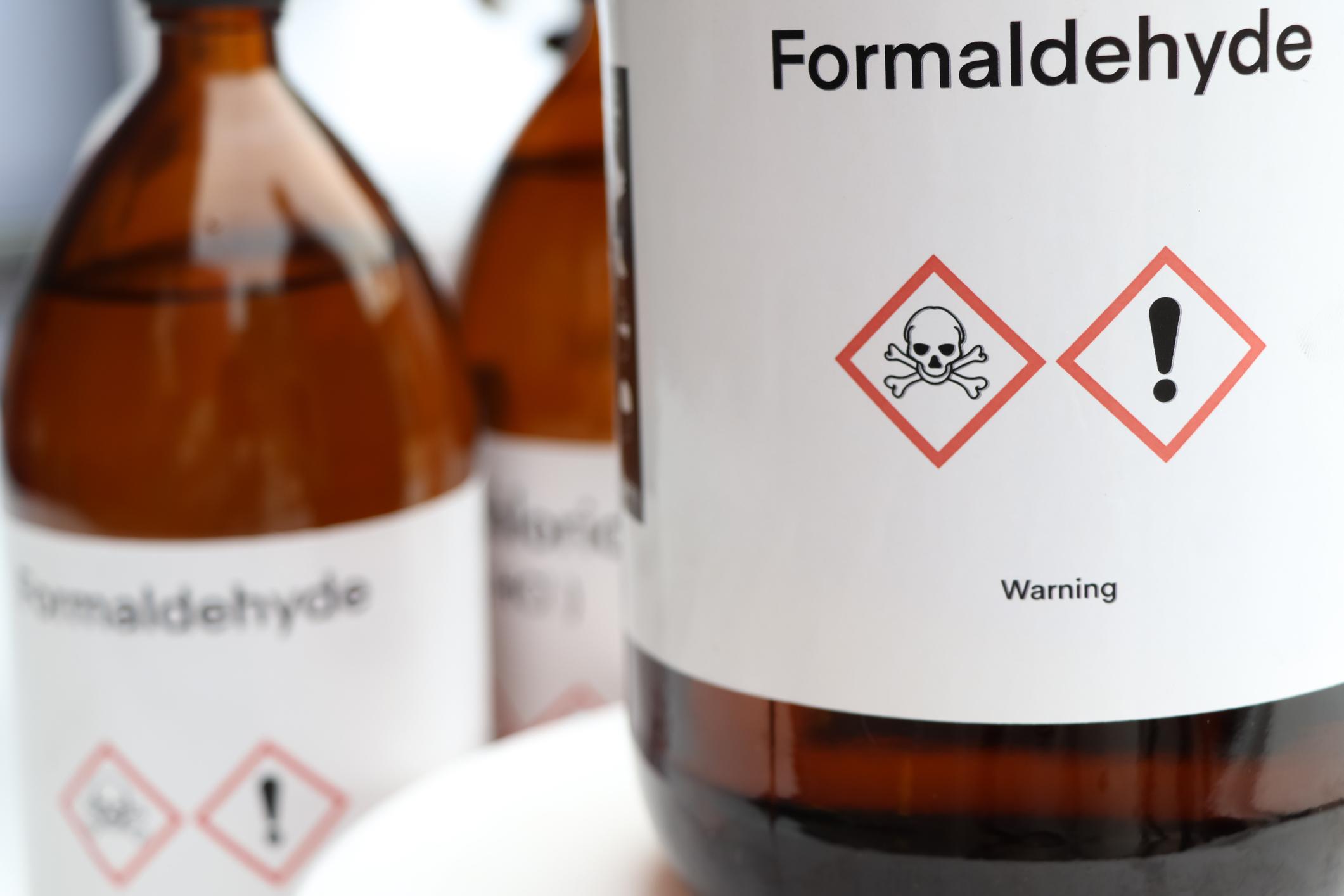By creating from induced pluripotent stem cells (iPSC) and deleting a key gene, researchers have created “super” natural killer NK cells capable of identifying and targeting leukemia cells.
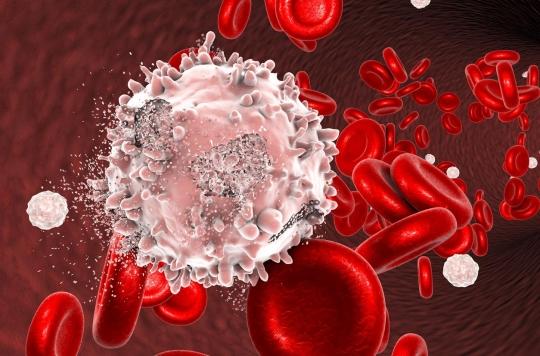
- Reprogrammed NK “killer” cells can more effectively target malignant leukemia cells.
Affecting an average of 9,000 people in France, leukemia is a form of blood cancer manifested by the proliferation of young cells in the bone marrow and blood.
These are most often immature cells which, instead of maturing and ensuring the transport of oxygen, coagulation and the defense of our organism against microbes, remain blocked and then invade the bone marrow, which prevents the latter from creating normal and functional blood cells.
When cancer, and in particular leukemia, breaks out in the body, the natural killer cells, known as “NK cells” which are part of the innate immune system, are the first to react by identifying and targeting the malignant cells. But so far, their effectiveness has been limited.
By creating them from induced pluripotent stem cells (iPSCs) and deleting their CISH gene, researchers at the University of California San Diego School of Medicine have boosted their activity and effectiveness. Their work is published on the journal’s website Cell Stem Cell.
Improved NK cell activation
To increase their effectiveness against malignant leukemia cells, the researchers first created NK cells from induced pluripotent stem cells (iPSCs). Derived from skin or blood cells, they were reprogrammed back to an embryonic-like pluripotent state, then directed to become NK cells. This strategy makes it possible to obtain a standardized cell population, rather than having to isolate the cells according to the patient.
Next, the researchers deleted a gene called CISH in stem cell-derived NK cells. This gene regulates the expression of a protein that suppresses the signaling of cytokines, molecules that, in the event of infection, inflammation or trauma, signal them to other cells of the immune system.
“We found that iPSC-derived NK cells, from which CISH was deleted, were able to effectively cure mice that harbor human leukemia cells, whereas mice treated with the unmodified NK cells died of leukemia,” says study lead author Dan Kaufman. “These studies demonstrate that we can now modify iPSC-derived NK cells to eliminate an inhibitory gene inside the cell to enhance NK cell activation.”
According to the researcher, this deactivation of the CISH gene improves the function of NK cells by reprogramming them metabolically. They are then “more efficient in the use of energy, which improves their function in vivo”.
The scientific team is now working on translating these results into clinical therapy. “As iPSC-derived NK cells are currently undergoing clinical trials to treat both hematological blood diseases and solid tumors, we believe that CISH-depleted iPSC-NK cells may provide further treatment. more effective”, concludes Professor Kaufman.

Advertising
.









